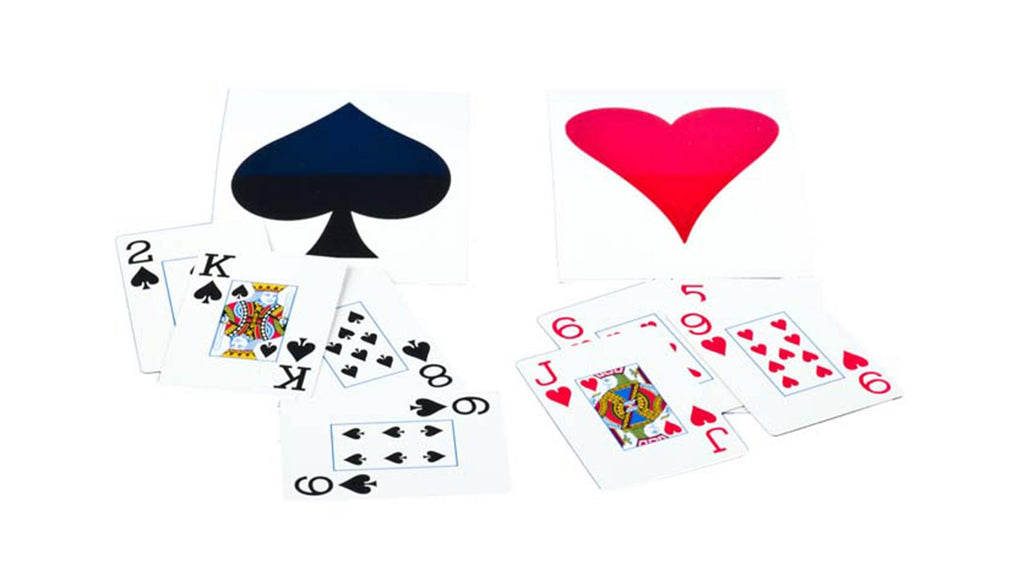
This is one in a series of posts describing the ten Montessori Principles for dementia care. Click here for the first post in the series
The Montessori dementia care principle of adapted materials means that rather than simply using something "as is" in a memory care activity, you should consider how it could be best adapted to ensure that the person with Alzheimer's or dementia can be successful using it. A simple example of this is to make sure that all items are free of unnecessary distractions. We've all seen someone with dementia focus on the words on a photo rather than the image itself, or become preoccupied by a sticky spot on the table and we want to avoid these distractions. Make it easy for dementia patients to focus on the task at hand.
Another example of adapting materials is to use templates to help guide the person in the activity. For example, if you hand the person a deck of cards and ask them to sort them by suit, they are likely to be unsure what to do and may even choose not to participate (remember the "Choice" principle) because they are unsure about the activity. You will likely have much more success if instead of just presenting the deck of cards, you place templates of each suit in front of them and demonstrate (another Montessori principle) how to sort the cards using the templates.
The idea is to think about how to adapt the materials to best suit the needs, skills, interests and abilities of the person with dementia, rather than just using them "as is". It's a simple concept, but it can make a big difference.




